Latest Industry Insights

Industry Insight
AI’s Next Horizon: Cell and Gene Therapy Manufacturing
Dalip Sethi provides valuable insights on how AI is currently being carefully and critically considered within the cell and gene therapy industry, with regard to data and technological preparedness.
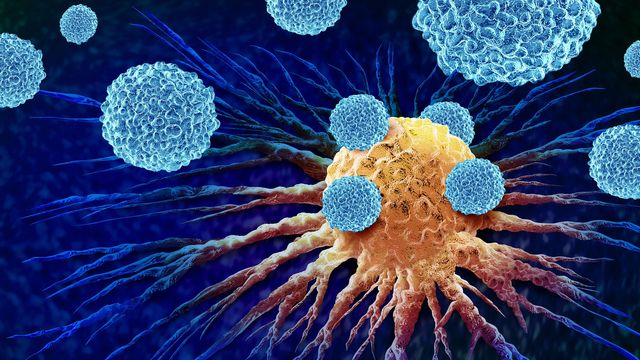
Industry Insight
Overcoming CAR T-Cell Therapy Limitations
In an interview with Arthur Stril, chief business officer and interim CFO at Cellectis, we explore how gene editing and innovative manufacturing strategies are overcoming the key limitations of autologous CAR T-cell therapy.
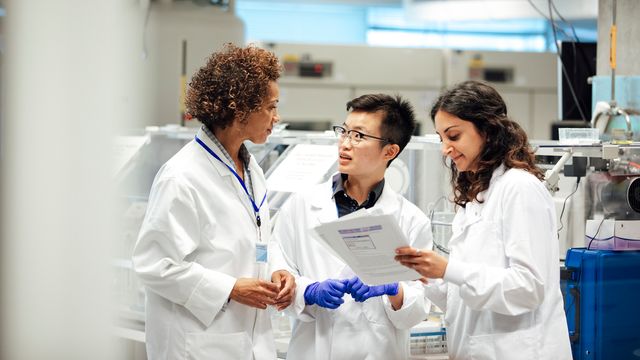
Industry Insight
Flow Cytometry Advancements Accelerate Drug Discovery
A specialist in flow cytometry, cell sorting and cellular biology, Dr. Richard Cuthbert shared his perspectives on the current and future applications of flow cytometry – and automated flow cytometry systems – in modern drug discovery.
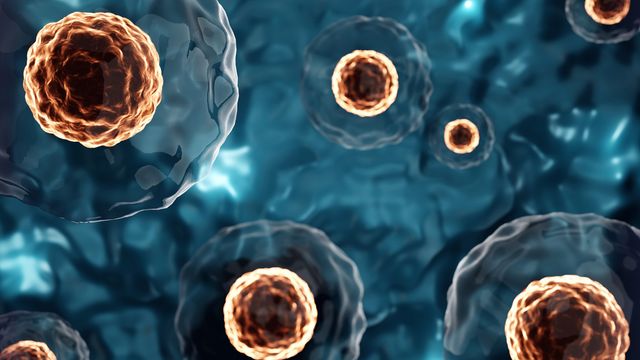
Industry Insight
Bridging the Gap Between Stem Cell Therapy Research and Clinical Trials
Dr. Bo Wiinberg, chief business development officer at the Novo Nordisk Foundation Cellerator, discusses the current obstacles halting advances in stem cell-based cell therapies and what can be done to overcome them.
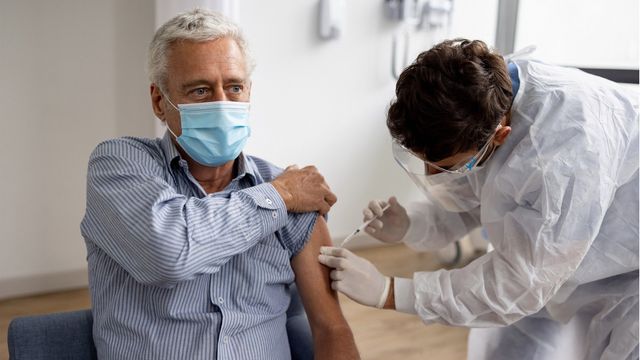
Industry Insight
T-Cell Priming Technology Strengthens Pandemic Preparedness
Technology Networks spoke to Professor Thomas Rademacher, co-founder, executive director and CEO at Gylden Pharma Limited, to learn more about T-cell priming vaccine technology and its potential to strengthen preparedness for future pandemics.
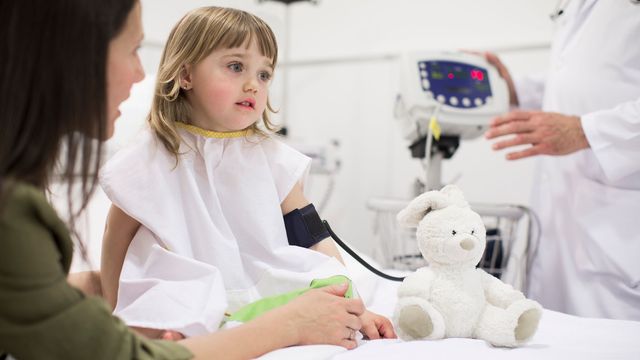
Industry Insight
Tackling Rare Diseases With RNA Therapeutics
To learn about the progress being made in the RNA therapeutics space, we spoke to CTO and Co-Founder of La Jolla Labs, Jeff Milton, at the 2025 SLAS international meeting in San Diego.
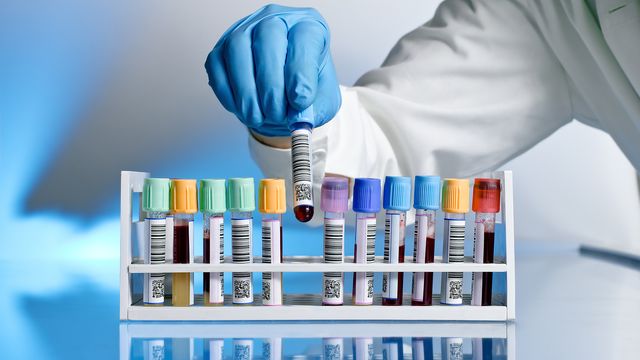
Industry Insight
Automating the Future of Biobanking
UK Biocentre is adopting Azenta’s BioArc™ Ultra™, an automated -80°C storage system, to enhance biobanking efficiency and sustainability. With high-density storage and precise temperature control, it safeguards valuable samples.
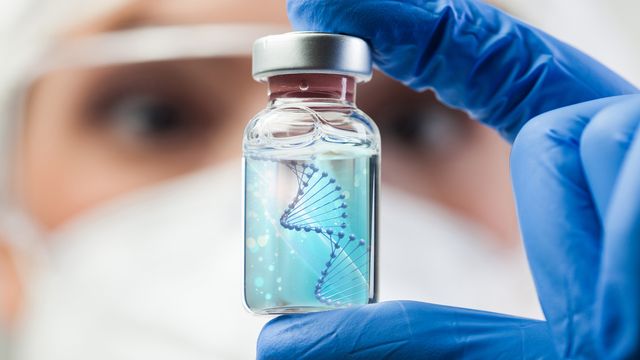
Industry Insight
Top Tips for Overcoming Plasmid Production Bottlenecks
Dr. John Lee, global head of cell and gene therapy at SK pharmteco discusses the current challenges in plasmid manufacturing and how SK pharmteco’s Precision Plasmids™ technology can help overcome plasmid production bottlenecks.
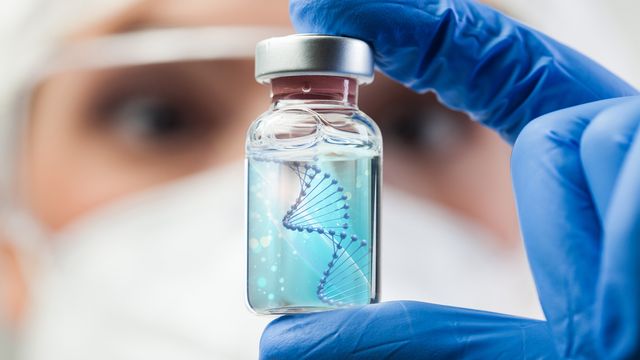
Industry Insight
How Biopharma Labs Can Tackle GMP Challenges
Mary Kay Bates, senior global cell culture scientist at Thermo Fisher Scientific, explores best practices for implementing GMP regulations in the lab.
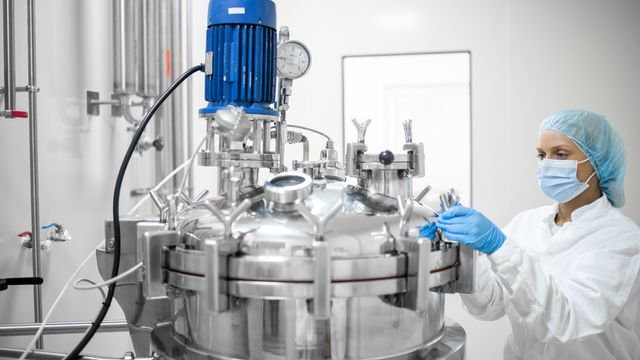
Industry Insight
Key Considerations for Microbial Fermentation Success in Bioproduction
Louise Digby, vice president of enzymes and bioproduction at BioProduction by SEKISUI, discusses some of the current challenges in scaling microbial fermentation for biopharmaceutical production and how a CDMO can help overcome these challenges.
Advertisement


